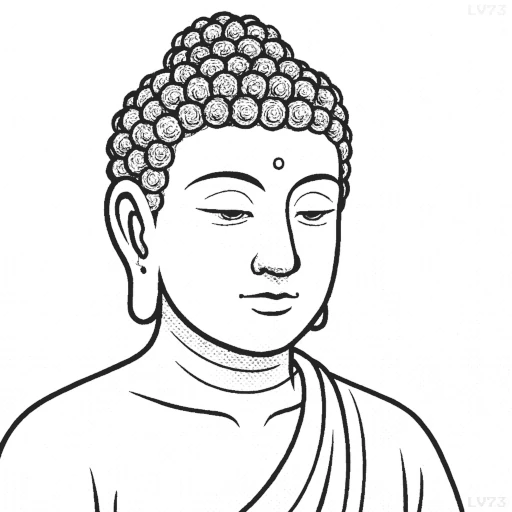“He who gives away shall have real gain. He who subdues himself shall be free; he shall cease to be a slave of passions. The righteous man casts off evil, and by rooting out lust, bitterness, and illusion do we reach Nirvana.”

- 7th century BC to 5th century BC
- Indian
- Religious leader, thinker
table of contents
Quote
“He who gives away shall have real gain. He who subdues himself shall be free; he shall cease to be a slave of passions. The righteous man casts off evil, and by rooting out lust, bitterness, and illusion do we reach Nirvana.”
Explanation
This quote emphasizes the connection between selflessness, self-discipline, and spiritual freedom. It suggests that by giving without attachment, a person gains something far more valuable than material possessions—spiritual wealth and peace. Similarly, by subduing one’s desires and passions, an individual achieves freedom from suffering and the cycle of craving. The righteous man is described as someone who overcomes negative emotions like lust, bitterness, and illusion, thus purifying the mind and moving closer to Nirvana—a state of ultimate peace and liberation.
In modern life, this message speaks to the importance of mindful giving, self-control, and ethical living. For example, someone who practices generosity, not out of obligation but out of a genuine desire to help others, experiences a deeper sense of fulfillment and connection. Likewise, by cultivating self-discipline in managing desires and negative emotions—whether through meditation, self-reflection, or conscious decision-making—we can experience greater emotional freedom and peace. The more we release attachment to desires or grudges, the closer we come to inner harmony.
Historically, Buddha’s teachings were centered around the importance of overcoming attachments and the destructive power of desire. He taught that by letting go of the three poisons—lust, anger, and ignorance—one could reach the state of Nirvana, which is free from suffering. These negative states of mind bind us to the cycle of samsara, and by purifying the mind, we can attain enlightenment. Thus, Buddha’s path encourages cultivating virtue, discipline, and wisdom, leading to liberation from the passions that enslave the mind.
Would you like to share your impressions or related stories about this quote in the comments section?




